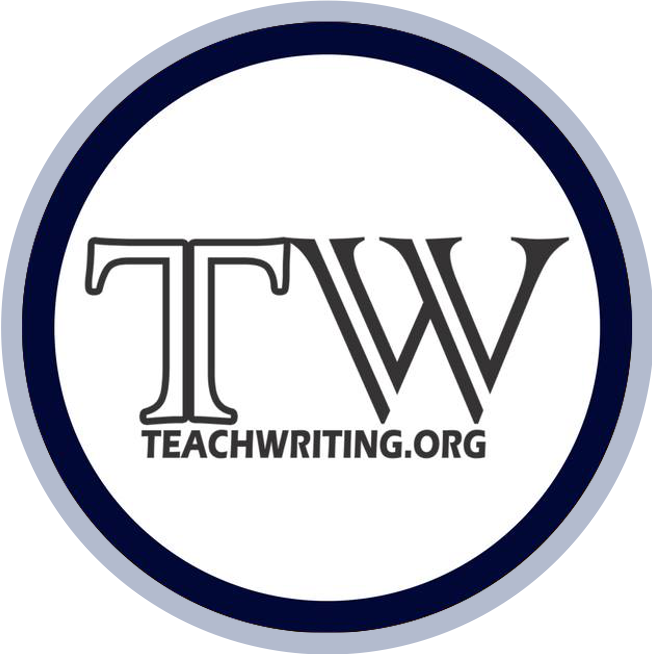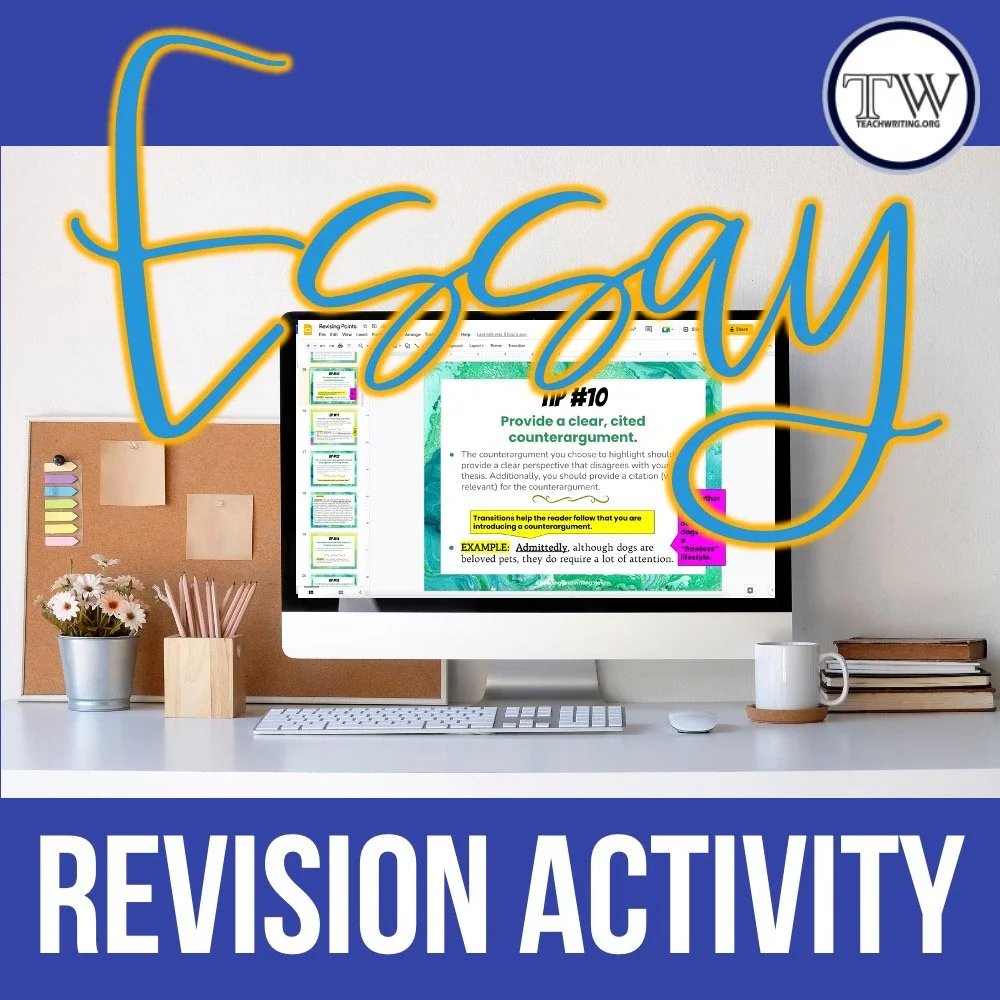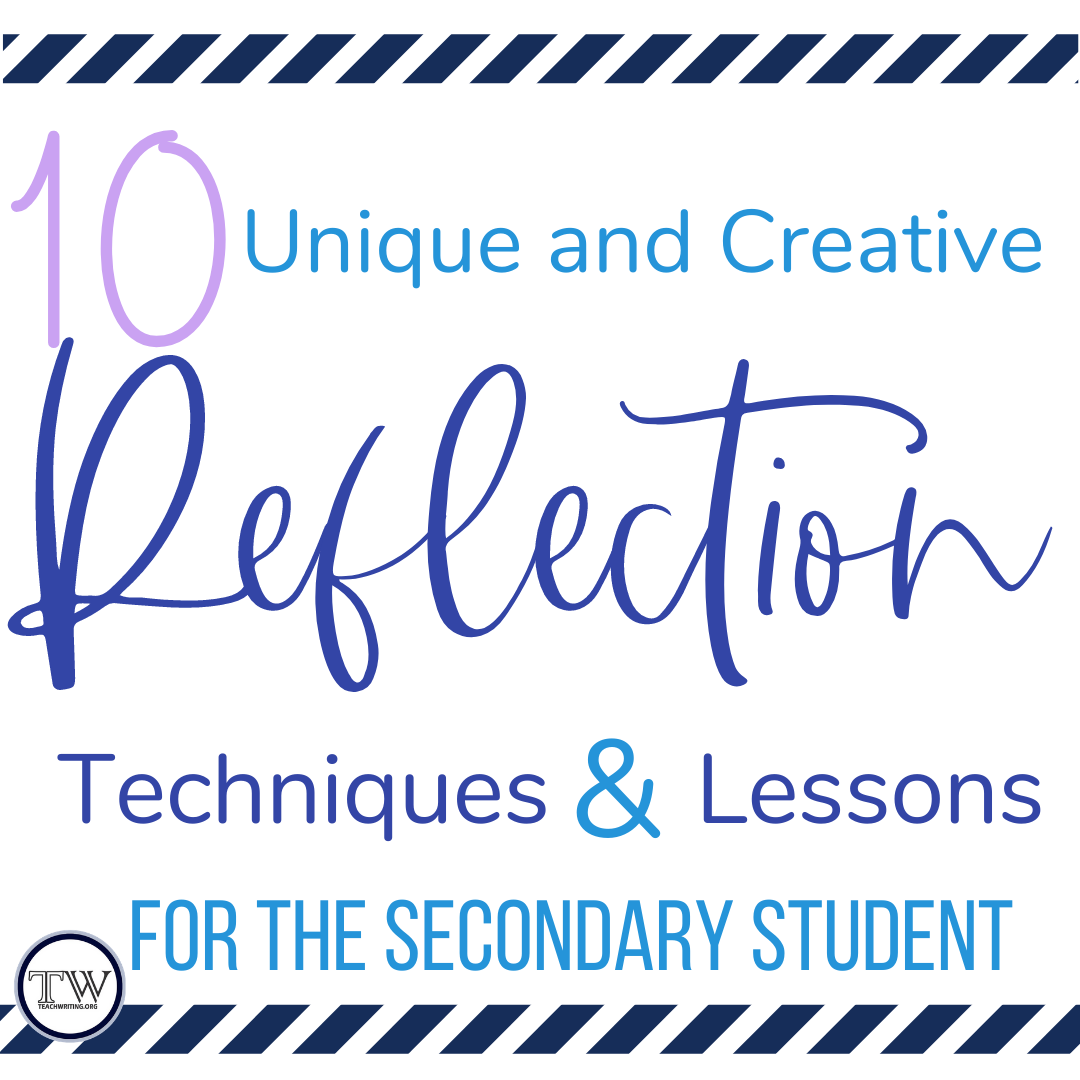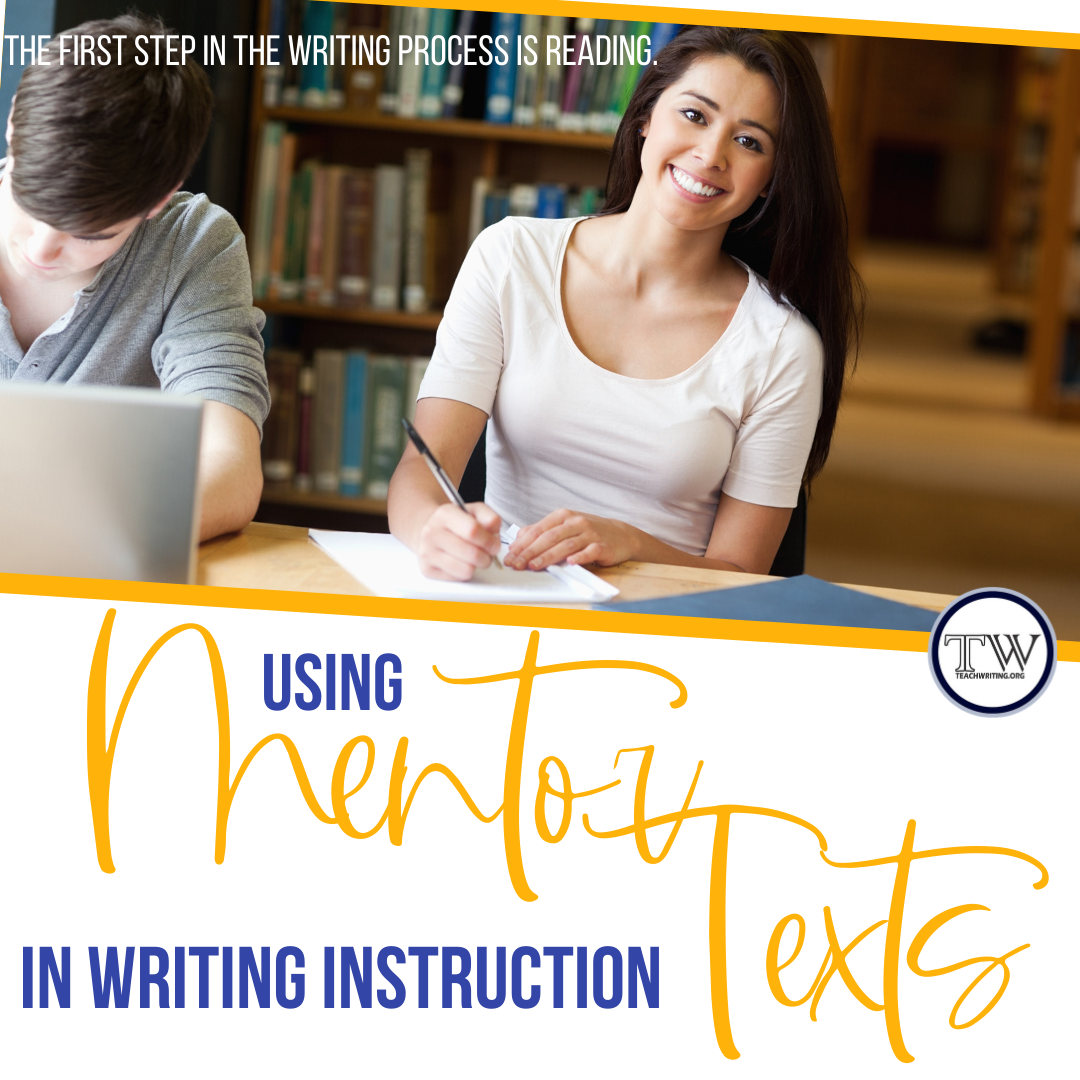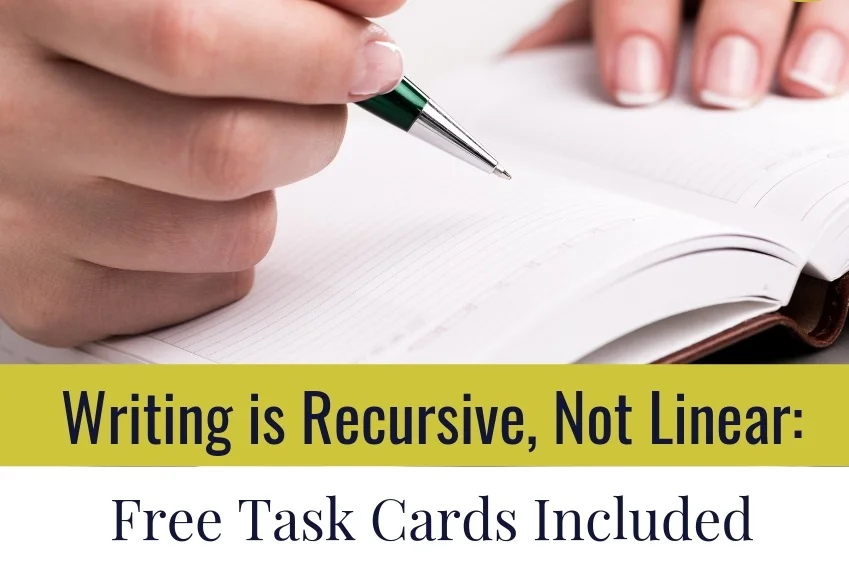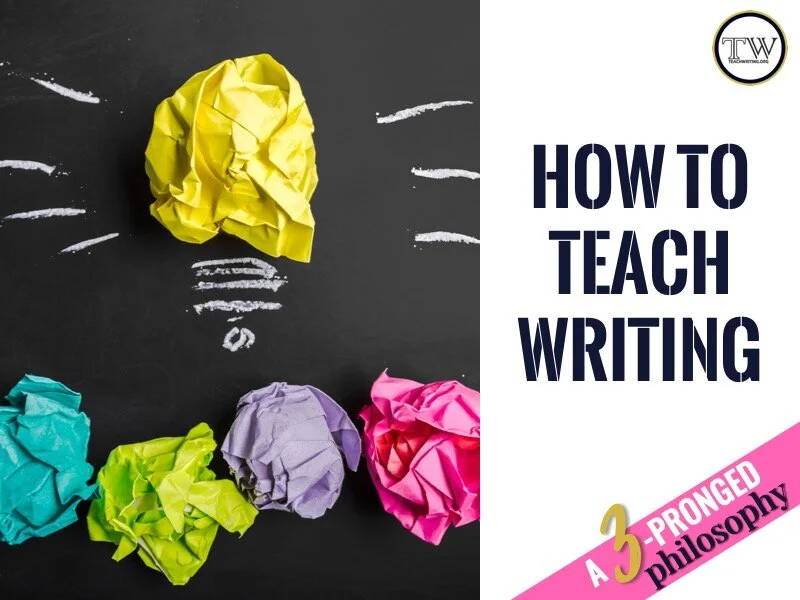Breaking the writing process up into two powerful sides of the brain can help students be more effective in the writing process. Let’s look at four different techniques to make this happen in the high school English classroom.
Read MoreIncrease engagement with essay revision using this flexible revising points activity for middle or high school ELA.
Read MoreNeed a new idea for an argument essay? Ask your students to argue for their most influential person of the year!
Read MoreHelp students hone the skills of pulling together multiple sources of information and creating the kind of writing that combines rather than isolates.
Read MoreThe curse of the red ink pen is real. If you’re like me as a teacher, I know that when I am grading my students’ essays— online or on paper— I feel the pull to edit every single mistake that I see on the page. I feel the need to edit every single comma error or sentence error as well as provide comments about the content of the writing.
Read MoreToday I am going to tell you about formal writing! Of course, I write this opening line in jest. When I think about how many times my secondary students have written that exact initial phrase as part of their first line to an essay, a strong Hulk-like desire to rip papers into shreds comes over me. I assure you that I have never actually ripped up a student essay, but I think we can all agree that reading the following sentences turns us all a little Hulk green:
“After you read this, you will agree that…”
“Today I will prove to you that…”
“I am writing about…”
“I think…”
“I feel…”
AGGGGGHHHHHH!!!!!!!!!
Read MoreEileen Landay and Kurt Wooton founded The ArtsLiteracy Project to bring arts integration into classrooms around the world, and their book, A Reason to Read, shows how it works and why it’s so powerful.
Read MoreArgumentative writing is a cornerstone of writing across content areas. Essentially, all pieces of writing are an argument.
Read MoreHow can teachers help older students enjoy writing? Negativity and reluctance is a mindset that is established early on. However, in middle and high school, certain teaching approaches and strategies can help to change the way students view themselves as writers. Create a positive writing culture and maintain it through the year. These nine approaches can help.
Read MoreTeaching high school students to avoid plagiarism is no easy task. Try these strategies from Reading and Writing Haven to scaffold students' understanding and lead them to success.
Read MoreAs educators, we know how critical reflection is to the learning process. Getting students to reflect- deeply and meaningfully- is often one of the most challenging lessons we teach. I have found that both my middle school and high school students will often scoff at these reflection activities, providing the least amount of effort possible to complete the task they see as meaningless. I have been searching for and creating lessons and activities that will bring interest and engagement to this task. The following
Read MoreUnderstanding the many nuances of great writing can seem like a daunting challenge for teachers and students alike. As educators, we are aware of the strong correlation between good reading skills and good writing skills. This is because students are absorbing the author’s craft as they explore amazing works of literature. This knowledge has given rise to the popularity of mentor texts within the ELA classroom.
Read MoreWriting goes all ways: forwards, backwards, sideways, over there, and over here. In fact, the only piece of the writing process that occurs at a set point in time is publishing.
Read MoreTeaching the writing process? Try involving students kinesthetically. Play Doh can work for big kids, too! My high school students absolutely love this writing analogy that walks them through each stage of the writing process as if they were sculptors crafting a masterpiece. Differentiate your instruction with this best-practice, active learning lesson.
Read More6 Strategies for Turning Struggling Students into Successful & Confident Writers!
Read More"3 Cornerstones for Teaching and Assessing Writing" is a part of a writing philosophy series for teachers who are always learning and adapting to their students' needs and educational demands.
Read More